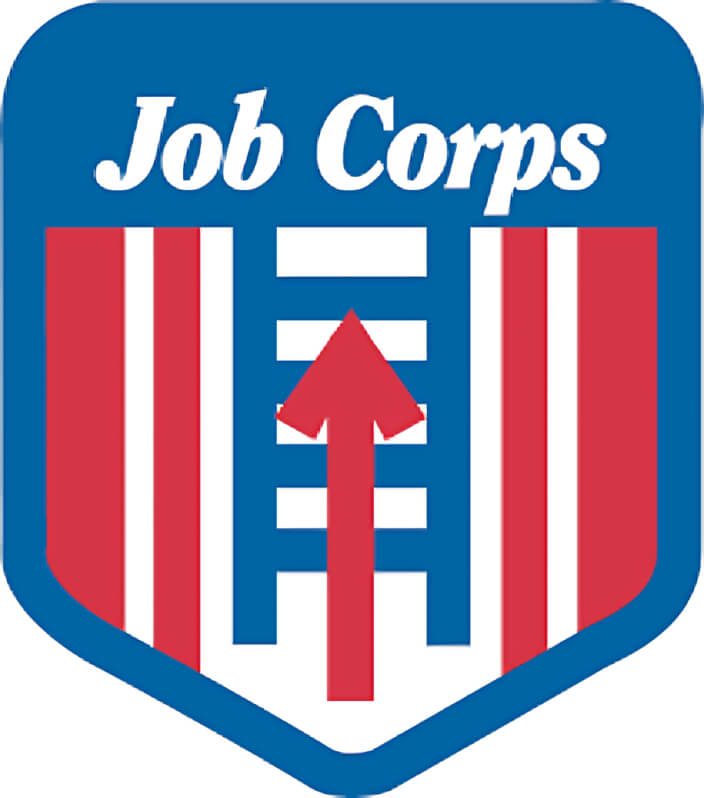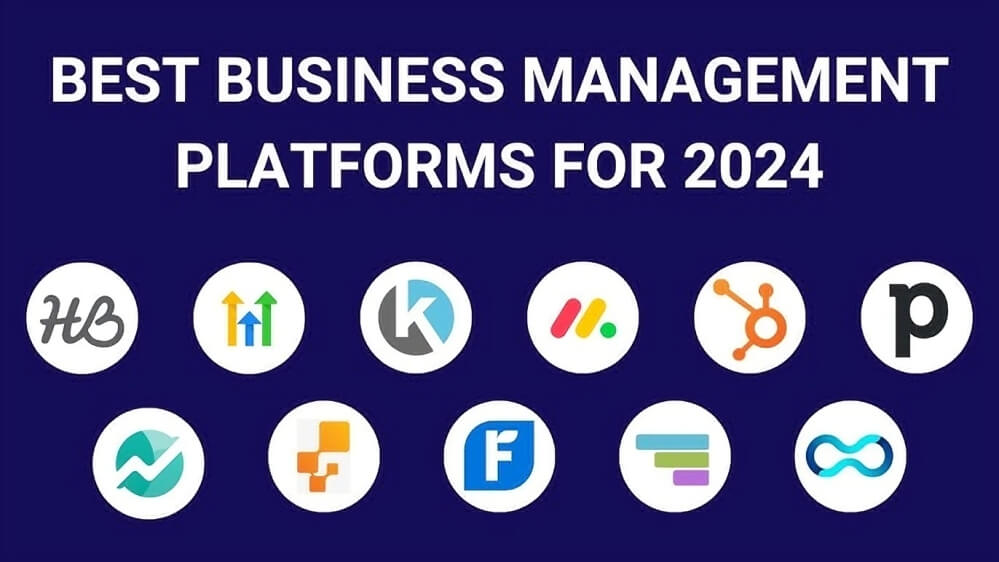Job Corps is a free education and job training program in the United States, designed to help young people between the ages of 16 and 24 gain the skills they need to succeed in the workforce. Founded in 1964 as part of President Lyndon B. Johnson’s War on Poverty, Job Corps is a key element in the federal government’s efforts to provide opportunities for disadvantaged youth. Managed by the U.S. Department of Labor, the program serves thousands of students each year across more than 100 centers nationwide, offering hands-on training, academic education, and support services that pave the way for personal and professional success.
What is Job Corps?
Job Corps is essentially a residential career training program where students live on-site while they participate in training. The program is available to low-income young adults who face challenges in accessing traditional education or employment opportunities. Job Corps provides training in a variety of fields, including healthcare, construction, information technology, and the hospitality industry, preparing students for high-demand careers.
In addition to vocational training, Job Corps also provides academic education, enabling students to earn their high school diploma or equivalency if they have not done so already. Many Job Corps centers also offer additional certifications that are directly aligned with industry standards, making students more competitive in the job market.
How Does Job Corps Work?
Job Corps operates as a comprehensive program that includes not only career-specific training but also personal development. Students typically live on campus in dormitory-style housing, which fosters a sense of community and allows them to focus on their education and training without distractions. The program can last anywhere from eight months to two years, depending on the field of study and the student’s progress.
Throughout their time in the program, students receive room and board, healthcare, and counseling services at no cost. The combination of these services is aimed at helping participants address personal challenges, such as housing instability or mental health needs, so that they can fully engage with their education.
Upon completion of the program, Job Corps offers assistance with job placement or further educational opportunities, such as apprenticeships or college.
Career Training Programs Available
One of the strengths of Job Corps is the wide variety of training programs available, which align with both regional and national labor market demands. Here are some of the key areas of training offered:
- Healthcare: This includes programs for aspiring Certified Nursing Assistants (CNA), medical administrative assistants, and pharmacy technicians.
- Construction: Students can learn skills related to carpentry, plumbing, and electrical installation, preparing them for jobs in the growing construction sector.
- Information Technology (IT): With the increasing demand for IT professionals, Job Corps offers training in computer networking, IT support, and software development.
- Hospitality: Training in culinary arts, hotel management, and customer service positions students to work in restaurants, hotels, and tourism-related businesses.
These programs are designed to be hands-on, so students gain practical experience and are ready to enter the workforce upon completion.
The Benefits of Job Corps
The benefits of the Job Corps program go beyond just providing job training. Here are some key advantages:
- Cost-free education: Everything from tuition and books to room and board is covered, making the program accessible to those from low-income backgrounds.
- Career readiness: By offering a combination of academic and vocational training, Job Corps ensures that students are ready for the job market, often with certifications that give them a competitive edge.
- Support services: The program provides healthcare, counseling, and other support services to address personal challenges, helping students focus on their goals.
- Community and life skills: Students also learn important life skills, such as budgeting, time management, and communication, which are crucial for personal and professional success.
Challenges and Criticisms
While Job Corps has a proven track record of success, it has not been without its challenges. Some critics argue that the program can be costly to operate and that outcomes vary widely across different centers. The residential nature of the program can also be difficult for some participants, who may struggle with the structured environment or living away from family. Additionally, some centers have faced issues related to safety and security, which has led to calls for reform and greater oversight.
Success Stories
Despite these challenges, Job Corps has produced countless success stories. Many former participants have gone on to secure stable, well-paying jobs in their chosen fields, thanks to the skills and support they received through the program. For instance, former students in the healthcare field often find employment in hospitals or clinics, while those who trained in construction may go on to work for major construction firms or start their own businesses.
Conclusion
Job Corps plays a crucial role in the lives of many young Americans, particularly those from disadvantaged backgrounds. By providing free education, vocational training, and support services, it helps young people overcome barriers to employment and achieve economic self-sufficiency. While the program faces some challenges, its overall impact on workforce development and individual lives is undeniable.
FAQs
- Who is eligible for Job Corps?
Young adults aged 16-24 from low-income families are eligible for the program. - How long does the program take?
The program can last anywhere from 8 months to 2 years, depending on the career path. - Is Job Corps free?
Yes, the program is entirely free for eligible participants, including room, board, and training. - What types of careers can I train for?
Job Corps offers training in fields such as healthcare, construction, IT, and hospitality. - What happens after I complete Job Corps?
Graduates receive assistance with job placement and may pursue further education or apprenticeships.




















